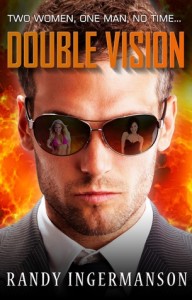 Freak the Mighty by Rodman Philbrick
Freak the Mighty by Rodman Philbrick
“I never had a brain until Freak came along…”
12-year-old Max is used to having no friends. He’s used to the whispers about his size, about his intelligence. About his father. But when Freak moves into his neighborhood, small and smart as an encyclopedia, the two of them find they are stronger together. For together they are Freak the Mighty.
I can’t believe I waited till I was twenty-eight to read this book. I have kind of a thing for big softies and their genius counterparts, like Fezzik and Inigo (The Princess Bride by William Goldman), and Grunthor and Achmed (Rhapsody by Elizabeth Haydon). Their trust and partnerships always make for compelling reading. And Max’s background made him all the more sympathetic. I loved that Freak was never frightened of Max, even when all the adults were nervous. Freak understood him and reached out to him from the moment they met.
As for Freak’s disability, I don’t know much about Moquio Syndrome, but I loved Philbrick’s portrayal of him. We saw Freak through Max’s eyes, and to Max, he was a genius and a hero. Unlike the adults in their lives, we don’t pity Freak because Max doesn’t see anything to pity. Any time someone refers to him as “that poor boy”, Max is there to disabuse them of that notion. If Freak is a brave knight, then Max is his noble champion.
Freak also had an amazing ability to take himself out of his situation into something more exciting. I can totally relate to imagining a future outside of what is possible. It would depress the hell out of me, but I can see how it would give a kid like Freak a way to cope.
And in a way, Max has his own disabilities. The way people judge him based on his looks and family and his performance in school limits him in his day to day life. It’s only Freak who looks beyond the surface and sees Max. And in the end, it’s Freak who changes the way Max sees himself.


